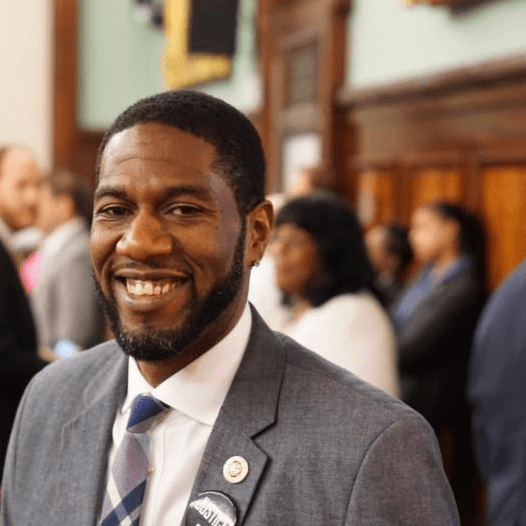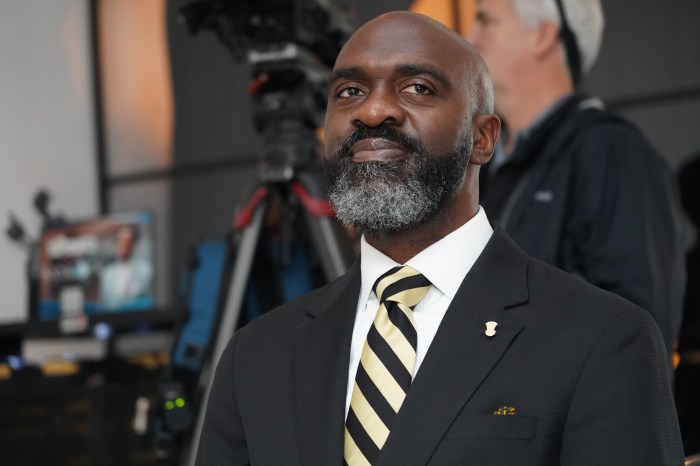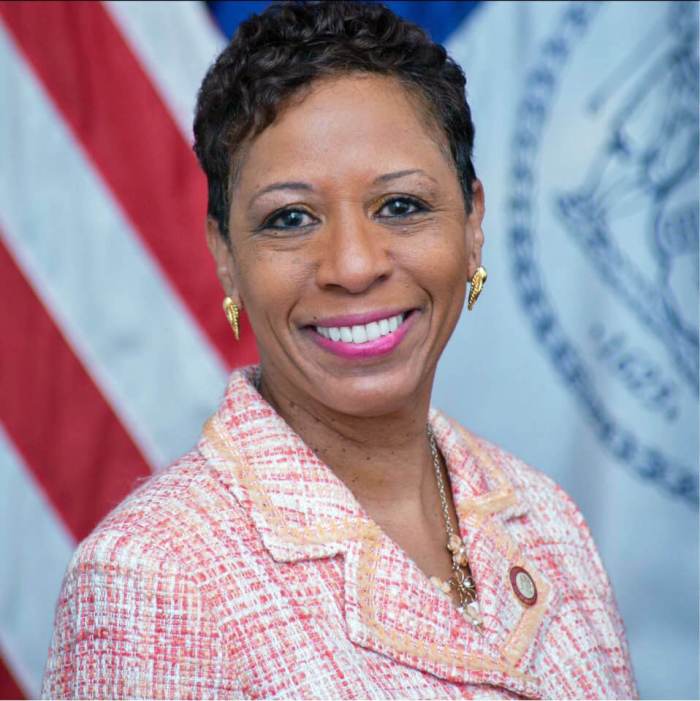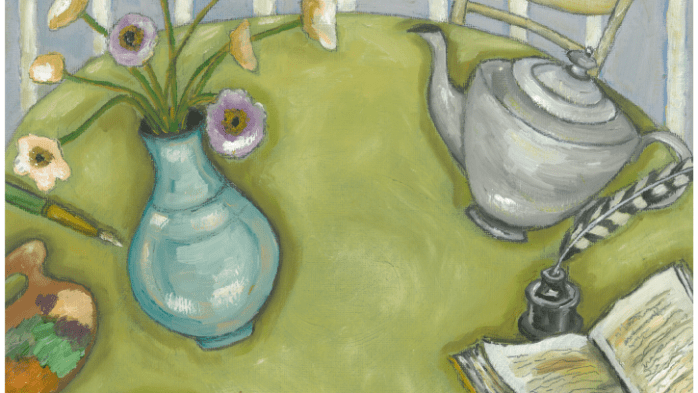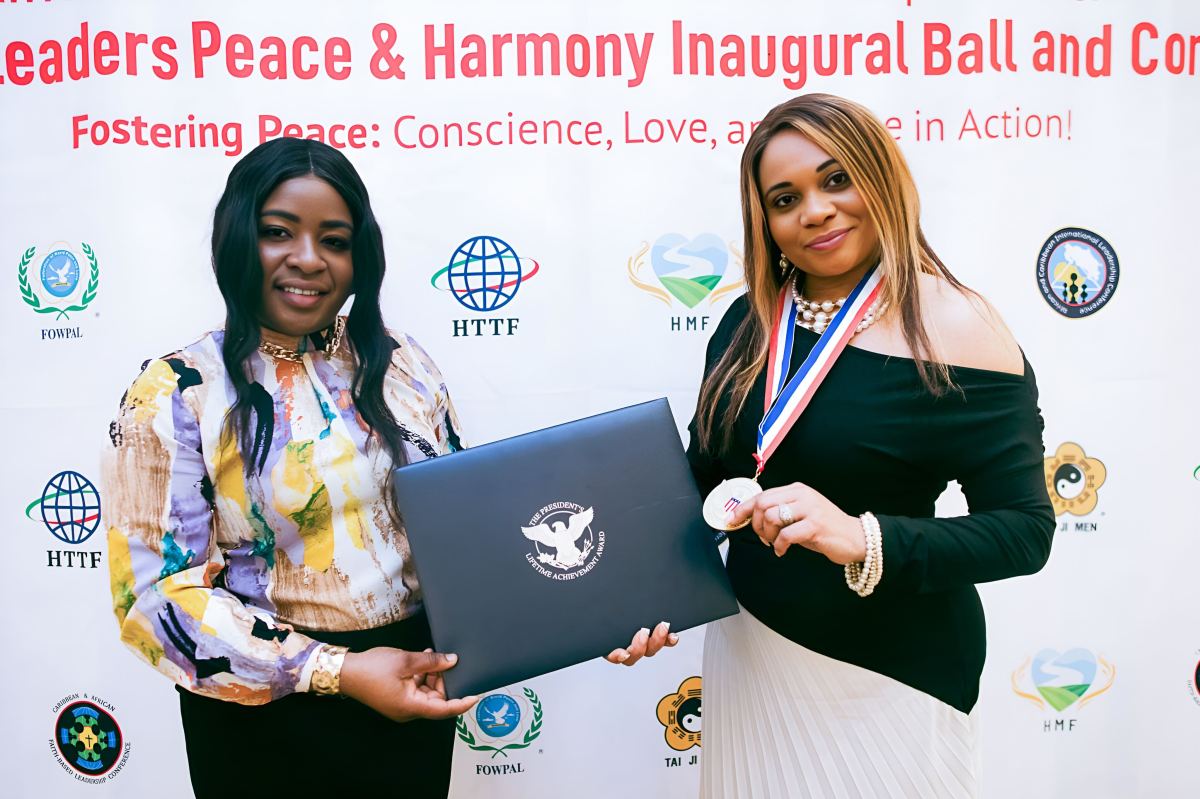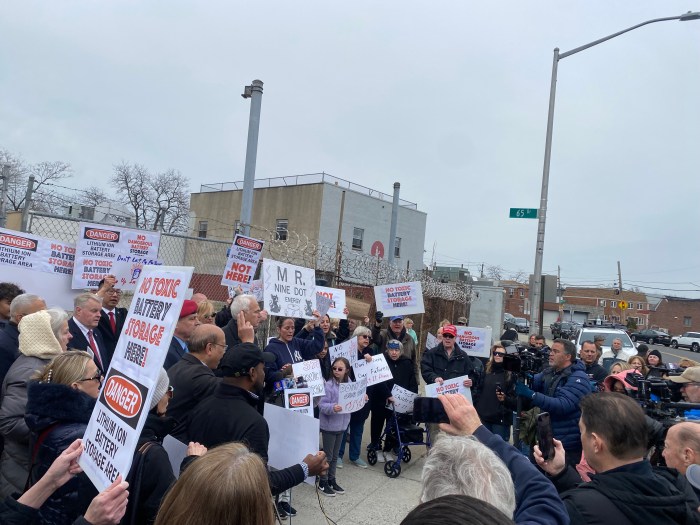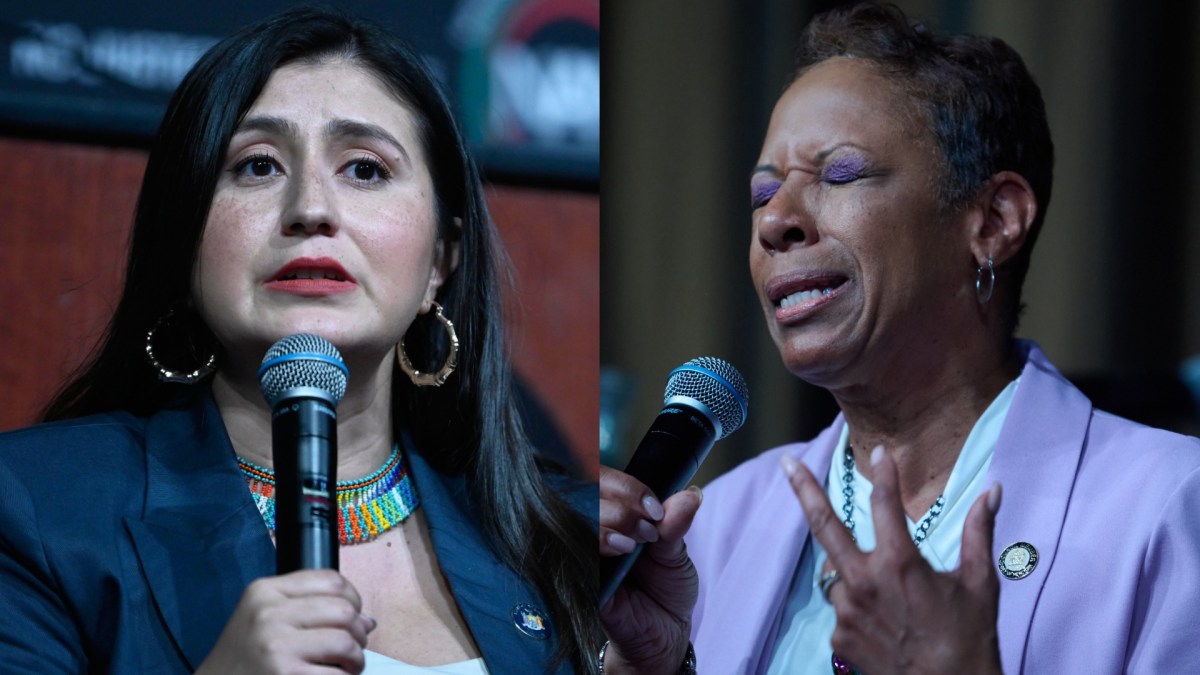New York City Public Advocate Jumaane Williams, the son of Grenadian immigrants, hailed the City Council’s passage of Intro 1867, expanding the right to vote in municipal elections to roughly 900,000 non-citizen New Yorkers, including Caribbean nationals, with legal permanent residence status or other valid work authorization.
“Today, New York will finally restore the right to vote to New York City permanent residents, regardless of federal citizenship status,” Williams, a candidate for New York Governor in next June’s Democratic Primary, told Caribbean Life. “This is a city of immigrants, and New Yorkers deserve a voice in their city representatives and the policies that will shape their lives.
“I’m grateful to the elected officials and advocates who have worked on this issue for so long, and that, even as some states work to strip voting rights from communities of more color, our city joins others across the nation which already have restored this right and expanded democracy,” he added.
Queens Borough President Donovan Richards, Jr., who traces his roots to Jamaica, said that “in a time when democracy itself is under threat across the world, I applaud both the City Council for its courageous vote to enfranchise nearly one million our neighbors and the countless advocates who fought tirelessly for years to make this victory possible.
“Our city, and our democracy, is a fairer and stronger place today because of this vote and the dedicated activism it took to get here,” he said.
The New York Immigration Coalition (NYIC), an umbrella policy and advocacy organization for more than 200 immigration groups in New York State, said it collaborated, for years, with other groups and allies, such as the Our City, Our Vote Coalition (OCOV), and United Neighborhood Houses (UNH), in working hard for the eventual passage of the historic measure.
NYIC said Thursday’s vote, “the most significant expansion of New York City’s democracy in over a century, also marked a significant victory in the ongoing fight for voting rights across the country.”
“Today, we finally gave immigrant New Yorkers who raise their kids here, build our economy, and contribute to this vibrant city every single day a voice in their local democracy,” NYIC Executive Director Murad Awawdeh told Caribbean Life.
“This groundbreaking legislation gives nearly one million New Yorkers a voice in the issues we all care about; the quality of our schools, the safety of our streets, and countless other large and small ways the city government impacts our lives,” he added.
“Now, it’s time for Mayor (Bill) de Blasio to immediately sign Intro 1867 into law,” Awawdeh urged the mayor, who will demit office on December 31, after two consecutive terms, because of the city’s term limit laws.
De Blasio will be succeeded by Eric Adams, the incumbent Brooklyn Borough President and retired New York Police Department (NYPD) captain, who will be become, on Jan. 1, 2022, New York City’s second Black mayor. The first was the late David Dinkins.
“This legislation will usher in the largest enfranchisement of New Yorkers in more than a century and marks a bold step forward in the fight for protecting and expanding democracy,” Awawdeh said. “New York City can once again serve as a model for cities and counties across the country.
“When powerful forces lobby to restrict access to the ballot box and seek to turn our country back, New York can and must offer a strong reminder that our leaders don’t get to choose their voters; the voters choose who leads them,” he added.
Susan Stamler UHN’s executive director, said Caribbean and other immigrants are “New Yorkers through and through,” adding that Thursday’s City Council vote “gives them a voice in the neighborhoods where they live, work and participate in civic life.
“With this outcome, Speaker (Corey) Johnson and the City Council have corrected a historical inequality and given power to voices that have been silenced for far too long,” she said. “We celebrate today’s victory with our City Council champion, Councilmember Ydanis Rodriguez, our many Our City, Our Vote coalition partners and supporters, and the roughly 900,000 New Yorkers enfranchised by this legislation.
“We now call on Mayor de Blasio to sign Intro 1867 into law immediately and take the final step to ensure that immigrant New Yorkers can participate in our democracy,” Stamler also urged.
Rodriguez said, “It is no secret we are making history today. Fifty years down the line, when our children look back at this moment, they will see a diverse coalition of advocates who came together to write a new chapter in New York City’s history by giving immigrant New Yorkers the power of the ballot.
“What we are doing here today is nothing new,” he went on, adding that the City of Tacoma Park in Maryland has been allowing non-citizens to vote in their municipal elections since the 1990s.
He also noted that 13 other cities in the United States, including cities in California and Illinois allow non-citizens the right to vote.
“It is time for New York City to take the baton,” said Rodriguez, thanking NYIC; UNH; Our City, Our Vote Coalition; Johnson; and fellow Council Members Daniel Dromm, Margaret Chin and Carlos Menchaca for “all their support in getting this bill passed.”
Menchaca, chair of the City Council Committee on Immigration, also said: “Time to give immigrant New Yorkers a voice in their municipal government is now.
“Whether it was building our city or working as essential workers during the COVID-19 pandemic, immigrants have contributed to the prosperity and growth of New York City,” he said. “That is why I am proud to stand here as a leading sponsor, along with Council Member Ydanis Rodriguez and the New York Immigration Coalition, to finally see the passage of Intro-1867 to restore the right to vote for nearly a million of our immigrant neighbors.
“Opponents of this bill are already fear-mongering and spreading false information that any immigrant can come here and vote. They are wrong,” Menchaca added.
Under the legislation, he said only those who have work authorization and have some immigration status under US federal law can vote in New York local elections.
Menchaca said those individuals include Dreamers, under the Deferred Action for Childhood Arrivals (DACA) program, who came to America illegally with their parents as young children and who worked as essential healthcare workers during the COVID-19 pandemic; or Haitian New Yorkers with Temporary Protective Status (TPS), “who work hard and pay taxes.”
“The law and justice are on our side,” Menchaca affirmed.
The OCOV coalition said it supports groundbreaking legislation to expand democracy in New York City, so Caribbean nationals and others with green cards and those authorized to work in the United States can vote in elections for city-level offices.
Introduction 1867 would allow New York City residents who are otherwise qualified to register under New York State election law to vote in municipal elections.
In September, the New York City Council held a hearing on the bill after the OCOV coalition secured a large majority of co-sponsors in June.
“Nearly one million New York City residents cannot vote in local elections due to their citizenship status, despite paying taxes and being invested in and contributing to the city,” OCOV said.
New York City Council Member Brad Lander, who will become the city’s Comptroller on Jan. 1, 2022, said he been “a proud sponsor of legislation to expand voting rights on local issues to New Yorkers who were born elsewhere for over a decade, and proud to vote for it today.
“Welcoming NYC’s immigrants into our local democracy is not only a matter of justice, it’s how we build a more thriving city,” he said. “Thank you to Council Member Ydanis Rodriguez and to many, many advocates for leading the fight to enable our non-citizen neighbors to vote on the decisions and leaders who shape the schools, streets, and policies that impact their lives every day.”


